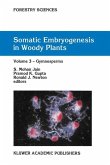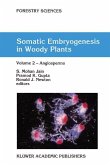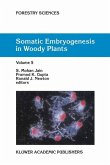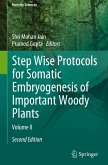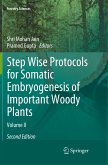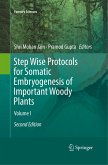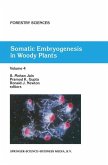The quality of human life has been maintained and enhanced for generations by the use of trees and their products. In recent years, ever rising human population growth has put tremendous pressure on trees and tree products; growing awareness of the potential of previously unexploited tree resources and environmental pollution have both accelerated development of new technologies for tree propagation, breeding and improvement. Biotechnology of trees may be the answer to solve the problems which cannot be solved by conventional breeding methods. The combination of biotechnology and conventional methods such as plant propagation and breeding may be a novel approach to improving and multiplying in large number the trees and woody plants. So far, plant tissue culture technology has largely been exploited in the propagation of ornamental plants, especially foliage house plants, by com mercial companies. Generally, tissue culture of woody plants has been recal citrant. However, limited success has been achieved in tissue culture of angiosperm and gymnosperm woody plants. A number of recent reports on somatic embryogenesis in woody plants such as Norway spruce (Picea abies), Loblolly pine (Pinus taeda), Sandalwood (Santalurn album), Citrus, Mango (Mangifera indica), etc. , offer a ray of hope of: a) inexpensive clonal propa gation for large-scale production of plants or "emblings" or "somatic embryo plants", b) protoplast work, c) cryopreservation, d) genetic transformation, and e) artificial or manufactured seed production.


